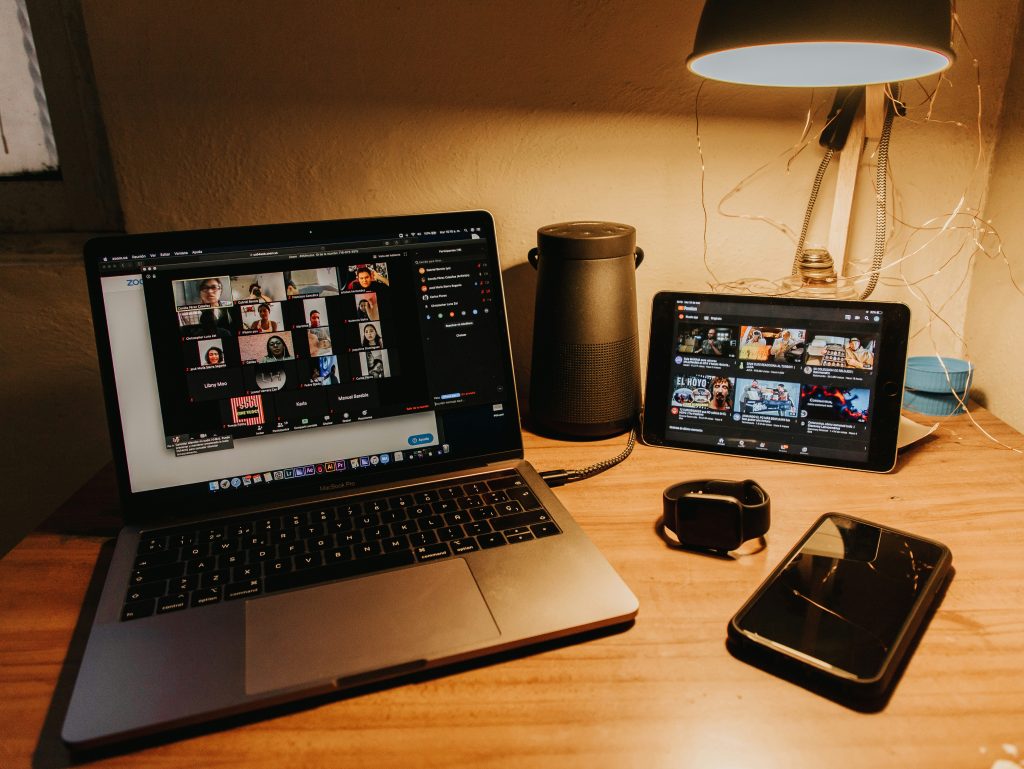When the Covid-19 pandemic forced organisations into lockdown and work-from-home arrangements, workplace dynamics changed drastically. Virtual meetings replaced conference rooms, instant messaging replaced hallway conversations, and personal and professional spaces began to blur.
Even as physical offices shut down, the obligations of the employer and the Internal Committee (IC) under the PoSH Act, 2013 continued. Sexual harassment can occur in any professional interaction, whether in person or online, and must be addressed with the same seriousness and sensitivity.
At Serein, we observed that cases during the lockdown reflected new forms of misconduct, ranging from inappropriate comments on video calls to unsolicited messages on workplace chat platforms. The challenge was not only in recognising these acts but also in conducting a fair, inclusive, and timely inquiry in a virtual environment.
Below are key practices that can help ICs manage such situations effectively.
Encourage employees to reach out
Under the PoSH Act, a complaint must be submitted in writing to the IC. In the context of remote work, this includes email or other approved digital formats.
If an employee reports the incident verbally or over the phone, the IC can assist by writing down the complaint and seeking the complainant’s signed consent before initiating the inquiry.
It is crucial to update the company policy to reflect these virtual complaint mechanisms and communicate them clearly to all employees. This ensures accessibility, compliance, and fairness even in a remote setup.
Conduct a safe and respectful inquiry process
Virtual inquiries require additional sensitivity. As even courts shifted online, ICs had to adapt too. Before scheduling an inquiry meeting, inform the complainant, respondent, and witnesses about whether the meeting will be a video or audio call.
Be mindful that not every employee has access to private space at home. Some may live in shared households or may not feel comfortable revealing their surroundings on video. Offer the option of keeping cameras off or using blurred backgrounds.
It is also essential to respect caregiving responsibilities, particularly for women employees, by scheduling meetings at mutually convenient times. The IC must ensure psychological comfort along with procedural fairness.
Maintain timely and transparent communication
Virtual distance can heighten anxiety for everyone involved. The complainant may worry about delays, and the respondent may feel uninformed about next steps.
The IC should therefore expedite the inquiry process where possible and communicate expected timelines upfront. Regular updates, without breaching confidentiality, help maintain trust and demonstrate procedural integrity.
Prompt, consistent communication signals that the organisation remains committed to upholding a safe and equitable workplace, even under extraordinary circumstances.
Learn and evolve from each case
Each case provides valuable insight into how workplace culture can be strengthened. The IC and HR should jointly review the findings and explore ways to prevent similar incidents in the future.
This could include:
- Reiterating the company’s zero-tolerance policy on misconduct,
- Updating digital conduct guidelines, and
- Reinforcing respectful communication norms in virtual settings.
- Such reflection not only ensures compliance but also builds a culture rooted in accountability and empathy.
Keep the conversation ongoing
The transition to virtual work demands continuous awareness and dialogue. Organisations can:
- Conduct employee check-in surveys to gauge comfort and safety levels,
- Send regular mailers on appropriate online behaviour, and
- Host short refresher sessions for managers on how to identify and report virtual misconduct.
- These actions reinforce that workplace dignity transcends location, it is a commitment, not a convenience.
Our Prevention of Sexual Harassment (POSH) resource page has many useful tools for you to share with your employees. And reach out to us at hello@serein.inc to know more from us


